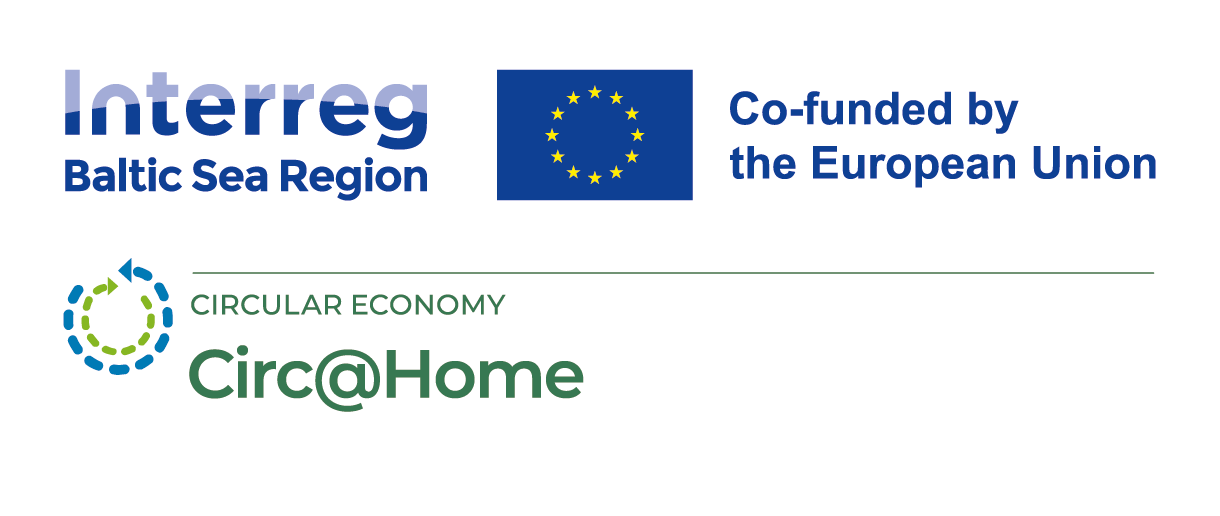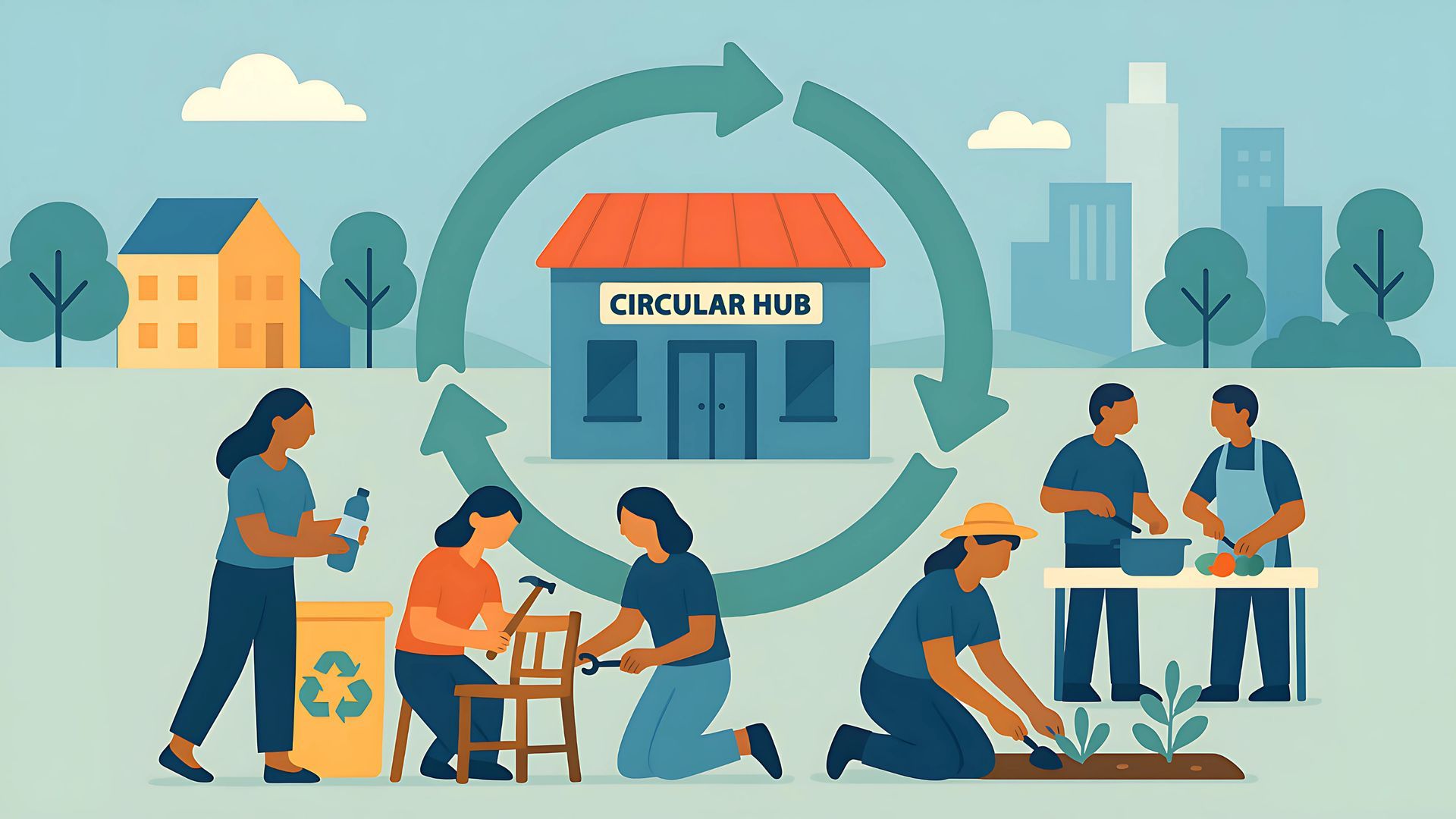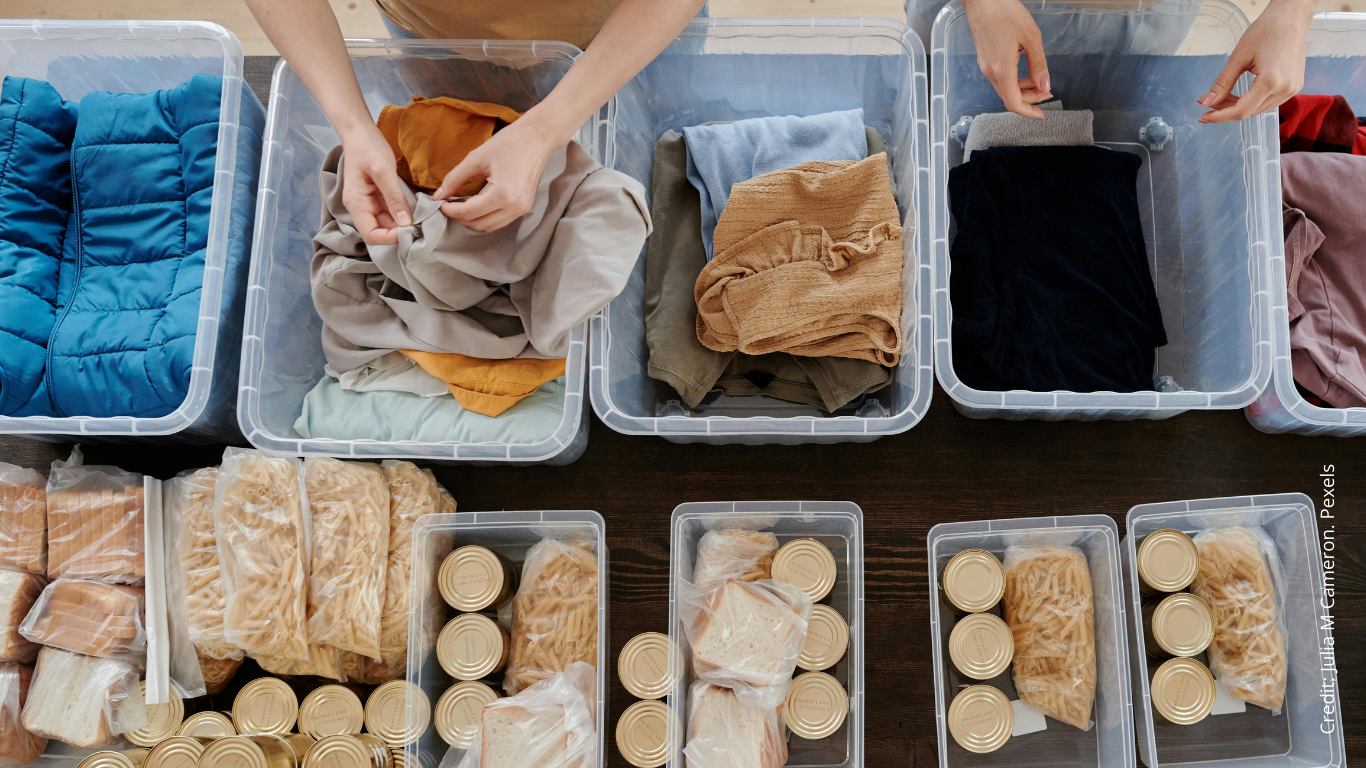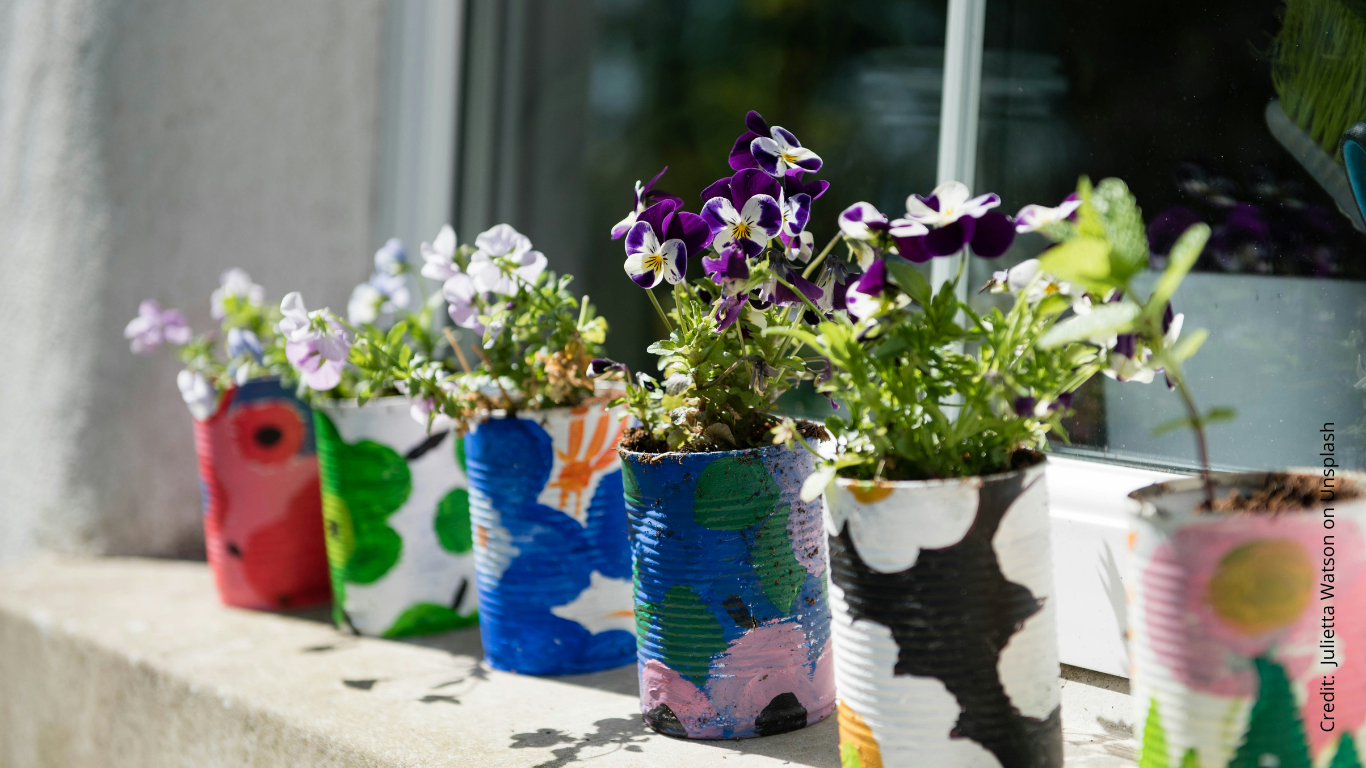CIRC@HOME
2025-2028
The project Circ@Home drives urban circularity by helping households, municipalities, and companies adopt sustainable practices and reduce their environmental impact.
OVERVIEW OF THE PROJECT
Circ@Home aims to promote circularity on three levels: the Town-Home-Service triangle. This integrated approach targets municipalities, the services within them and, most importantly, households. The holistic approach of linking all three points of the triangle shows how together they can drive their respective circularity by adopting sustainable solutions, changing their lifestyles and positively influencing each other. The challenge lies in adopting these behavioral changes, which requires clear solution options, applicability to various cases and a working link between households, municipalities & services. Partial solutions cannot work. Circ@Home will, therefore, overcome these barriers by prototyping solutions & testing them in pilots in different contexts.
Such contexts will include the differences between food & non-food products and improvements along the R-strategies towards circularity. The concept of Circularity Hubs will be introduced as a step towards an integrated approach to reach all three points of the triangle equally & holistically. A training program on the set of solutions will transfer the project outcomes to local multipliers. Easier access and training on circular solutions will enable households, municipalities and services to work together on circularity by better integrating circularity in their activities, encouraging them to reduce their environmental footprint, and shaping their behavior to change towards a circular economy for climate change.

CIRC@HOME IN A NUTSHELL
For more information:
CCB Secretariat: secretariat (at) ccb.se
Marie Tebel, Kiel University - Project Manager
Project website: https://interreg-baltic.eu/project/circhome/
We continue to act, do you want to know more?
We work in the entire Baltic Sea region with different projects and programmes.
Click the button below to discover what is going on and how you can help.


